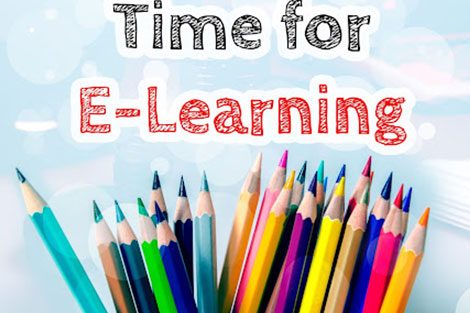When creating instructional materials, it is important to include a variety of approaches and techniques to engage learners and optimise learning. The best way to present information and activities will vary depending on the topic, audience, and format of the material. Here we will discuss some key concepts in instructional design for electronic materials.
One important consideration is the format of the material. E-learning materials can be presented as text, audio, video, or a combination of these formats. Each has its own advantages and disadvantages, so it is important to select the most appropriate format for the content and the learners. Using visual aids such as charts, graphs, and images can help make information more understandable and easier to remember. Hands-on activities and interactive exercises can also be helpful in making information more engaging and memorable.
Another important consideration is the level of interactivity. Adding interactive elements can also help to hold viewers’ attention and encourage them to explore the material in more depth. Finally, it’s important to consider who the material is being designed for and what their needs are – this will ensure that it is as effective as possible. Electronic materials can be designed to be highly interactive, with activities such as simulations and quizzes that allow learners to apply what they have learned. Alternatively, they can be designed to be less interactive, providing learners with information that they can read or listen to at their own pace. Interactivity can also be increased by incorporating games, simulations, and other active learning strategies. And delivery methods may include face-to-face instruction, online learning, or a blended approach.
Finally, it is important to consider the delivery method of the material. E-learning materials can be delivered online, through a Learning Management System (LMS), or offline through a downloadable file. Each delivery method has its own advantages and disadvantages, so it is important to select the most appropriate one for the content and the learners.




